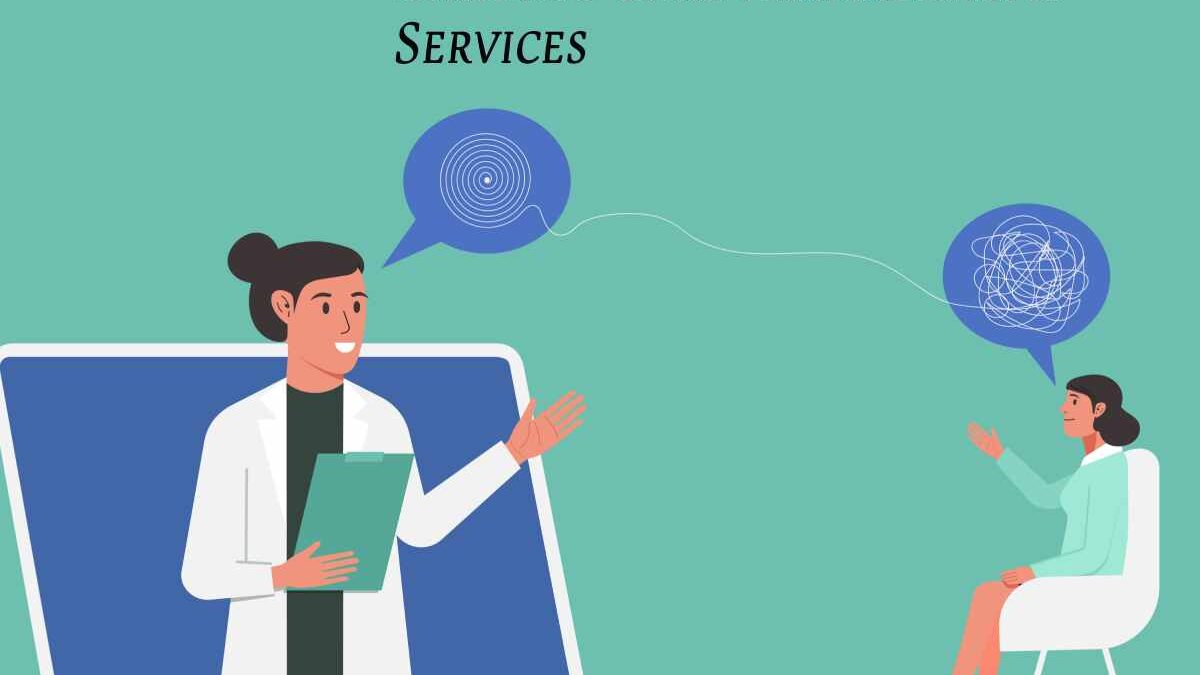Chronic disease management has become more advanced than the classic 3-month check-ups and manual symptom monitoring. In current healthcare, a cooperative style is trending where wearable tech, live data tracking, and more thorough care automation are interdependent parts that revolutionise the patient’s overall treatment experience.
The current chronic care management system understands that diseases such as diabetes, high blood pressure, and heart disease will constantly need to be controlled instead of there being separate treatments for a specific part of the time. This change appears to be an advantage for healthcare institutions that could employ technology to involve, educate, and continually care for patients without necessarily having the latter visit the office regularly.
Table of Contents
The Power of Connected Health Technology
Wearables have evolved significantly as tools for remote health monitoring that collect health parameters, activity levels, sleep patterns, and other essential health data throughout the day. Patients suffering from chronic conditions get insight into their personal conditions and their effects on treatment outcomes at the moment of their treatment cycle with the help of gadgets.
When wearables are integrated into a chronic care program, patient condition changes can be easily identified even before they materialise. At the first sign of variability in heart rate, deviation from acceptable states in blood pressure levels, or significantly reduced physical exertion, health professionals can instantly take the steps needed to correct the problem, without waiting for the symptoms to worsen.
This type of care management has a proactive aspect that disrupts the traditional model of dealing with chronic problems, which is merely reactive. Instead of acting in response to a crisis, caregivers can anticipate the needs of the patients, change the treatment plans, and administer interventions that are direct and address the problems of the emergency.
Comprehensive Data Integration for Better Outcomes
The most effective chronic care management services combine wearable device data with electronic health records, medication adherence information, and patient-reported outcomes. This comprehensive view allows healthcare teams to understand the complete picture of a patient’s health status and make informed decisions about treatment adjustments.
Advanced analytics platforms can process this continuous stream of health data to identify patterns and correlations that might not be apparent through traditional monitoring methods. For example, a patient’s sleep quality data and glucose readings might reveal essential connections between rest and blood sugar control that inform more personalized treatment strategies.
Healthcare providers can use this integrated data to customize care plans for individual patient lifestyles, preferences, and health goals. This personalized approach leads to better patient engagement and improved adherence to treatment recommendations.
Streamlined Care Coordination and Accessibility
Modern chronic care management platforms streamline communication between patients and their healthcare teams. Patients can share real-time health data, report symptoms, and receive guidance without scheduling separate appointments for routine monitoring discussions.
This continuous connection helps patients feel supported and confident in managing their conditions daily. Patients have immediate access to their care teams for guidance and support when questions arise or concerning symptoms develop.
The Future of Proactive Healthcare
Chronic care management services that integrate wearables and comprehensive health data represent the future of proactive healthcare. By combining continuous monitoring, advanced analytics, and accessible care coordination, these programs empower patients to take active roles in managing their health while ensuring their healthcare teams have the information needed to provide exceptional, personalized care.

